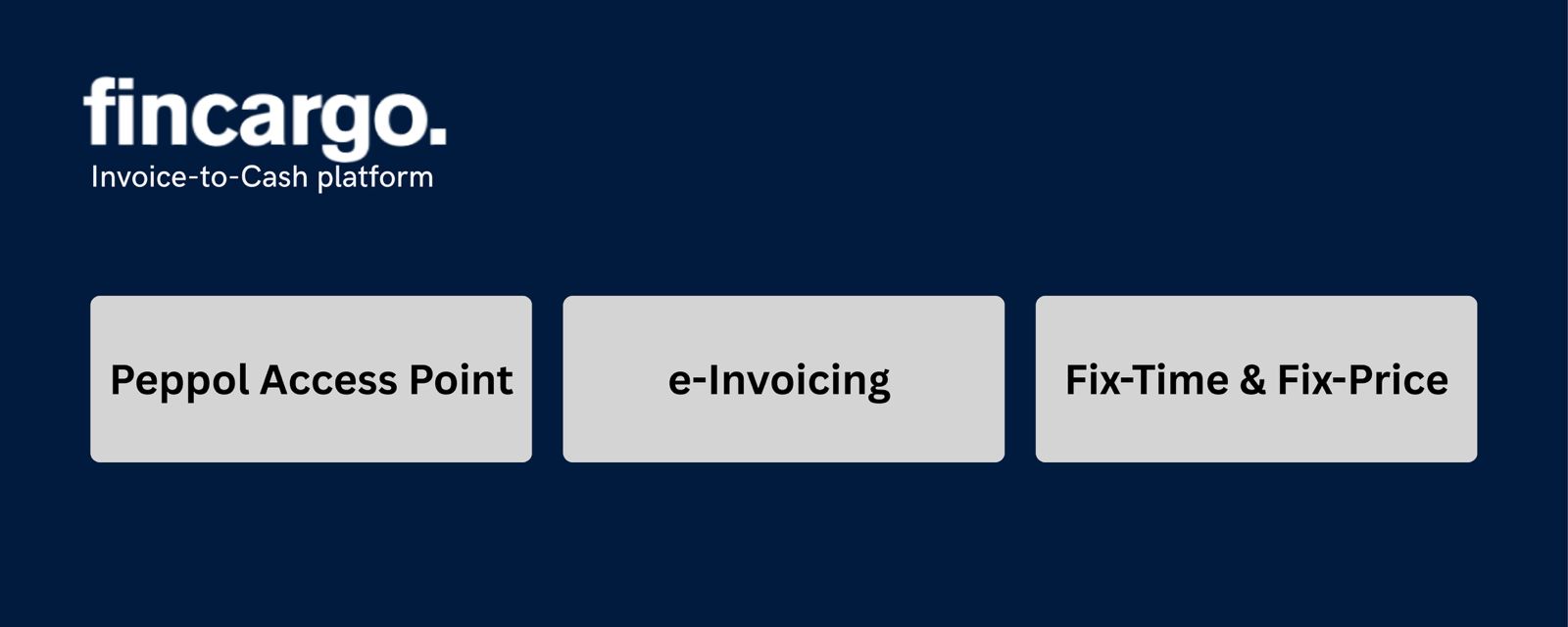EU & national rules
Taxable persons doing business in the EU are subject to:
- a single set of basic EU-wide invoicing rules (Articles 217-240 VAT Directive), and
- in certain areas, national rules set by the individual EU country.
Basic principles of the EU-wide rules
The EU rules can be found in the VAT Directive:
- Electronic invoices are equivalent to paper – national tax authorities cannot require businesses to provide any notification or to receive authorization.
- Businesses are free to issue electronic invoices subject to acceptance by the recipient. However, e-invoicing will become obligatory in public procurement.
- Businesses can outsource invoicing operations to a third party or to the customer (i.e. self-billing), in some circumstances.
- Businesses are generally free to store invoices where and how they like (paper/electronic, in a different EU country to where they are based, etc.)
A detailed explanation of EU-wide invoicing rules is provided in Explanatory notes
Sources
Latest Posts in "European Union"
- Briefing document & Podcast: EU VAT Directive 2006/112/EC Explained: ”VAT Rates” (Art. 93-129a)
- Briefing document & Podcast: EU VAT Directive 2006/112/EC Explained: ”Deductions” (Art. 167-192)
- Briefing document & Podcast: EU VAT Directive 2006/112/EC Explained: ”Exemptions” (Art. 131-166)
- Less Known Facts from the EU VAT Gap Report
- Briefing document & Podcast: EU VAT Directive 2006/112/EC Explained: The concept of ”Taxable persons” (Art. 9-13)














